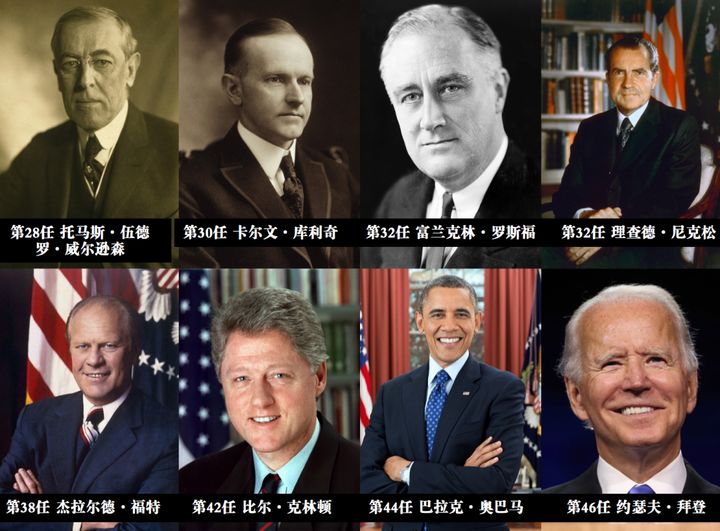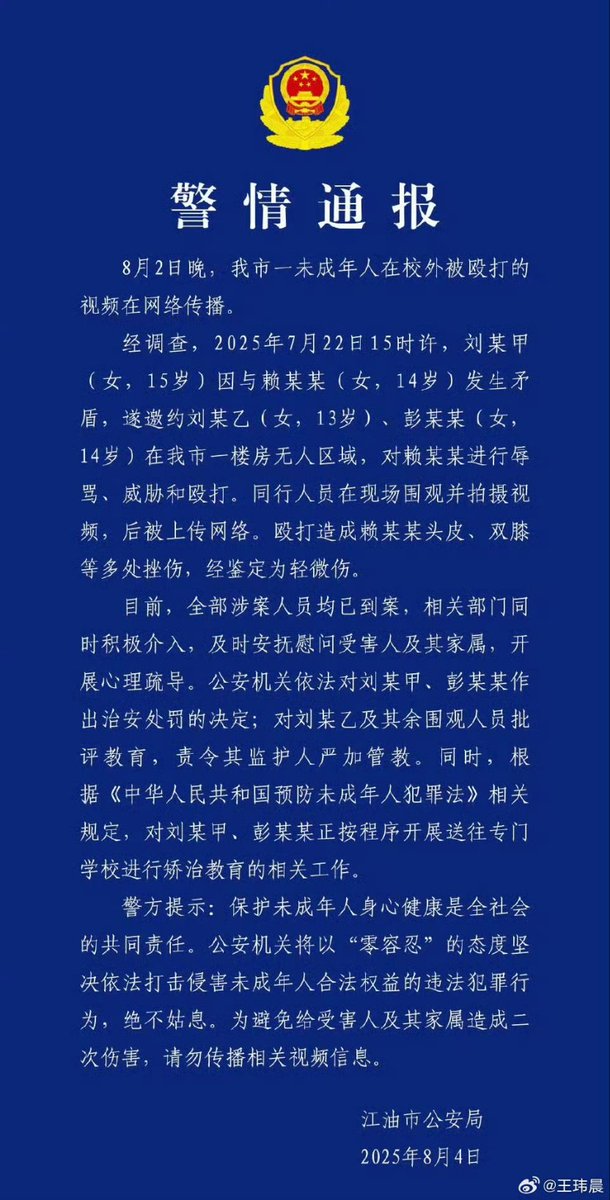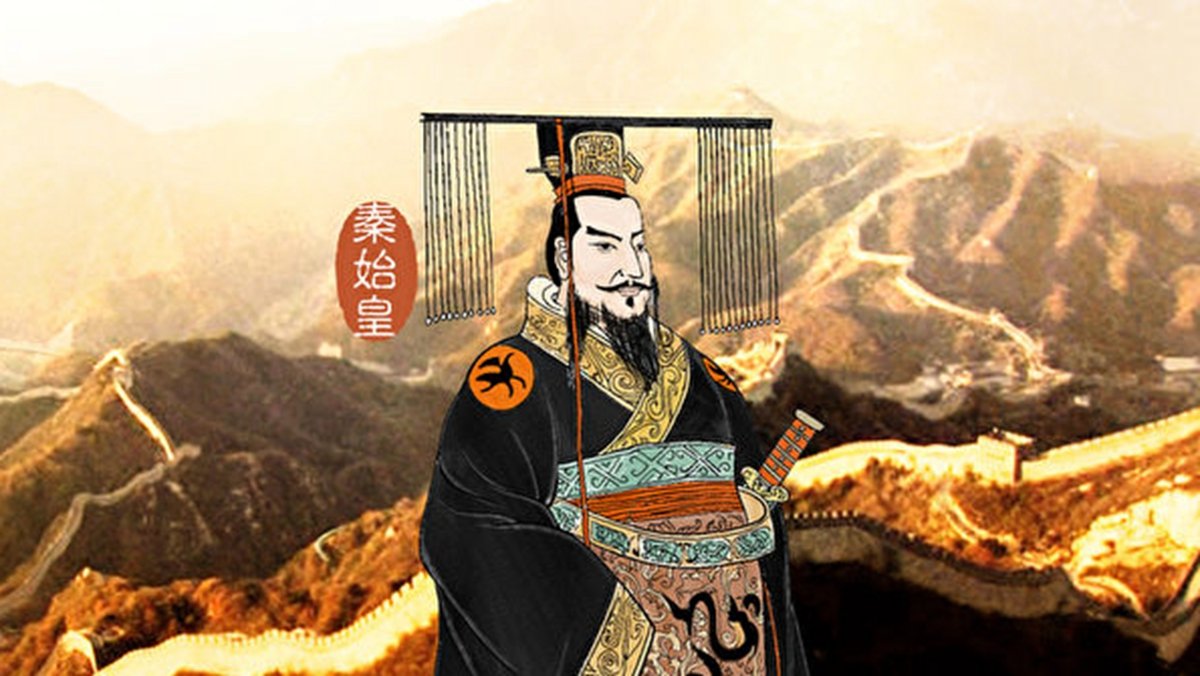China and the US are very different in choosing national leaders.
From the educational background of these leaders, the Chinese🇨🇳 tend to choose leaders of science & engineering, while the Americans🇺🇸 tend to choose businessman & lawyers. (1/X)

From the educational background of these leaders, the Chinese🇨🇳 tend to choose leaders of science & engineering, while the Americans🇺🇸 tend to choose businessman & lawyers. (1/X)


1990s——
China🇨🇳: Jiang Zemin (1989~2002), Department of mechanical and electrical engineering, Shanghai Jiaotong University.
US🇺🇸: George H. W. Bush (1989~1993), Department of economics, Yale University ; Bill Clinton(1993~2001), Yale Law School.
(2/X)

China🇨🇳: Jiang Zemin (1989~2002), Department of mechanical and electrical engineering, Shanghai Jiaotong University.
US🇺🇸: George H. W. Bush (1989~1993), Department of economics, Yale University ; Bill Clinton(1993~2001), Yale Law School.
(2/X)


2000s——
China🇨🇳: Hu Jintao (2002~2012), Department of hydraulic engineering, Tsinghua University.
US🇺🇸: George W. Bush (2001~2009), Department of history, Yale University / MBA, Harvard University.
(3/X)
China🇨🇳: Hu Jintao (2002~2012), Department of hydraulic engineering, Tsinghua University.
US🇺🇸: George W. Bush (2001~2009), Department of history, Yale University / MBA, Harvard University.
(3/X)

2010s——
China🇨🇳: Xi Jinping (2012~ ), Department of chemical engineering, Tsinghua University.
US🇺🇸: Barack Hussein Obama (2009~2017), Harvard Law School; Donald John Trump (2017~2021), Wharton School of the University of Pennsylvania.
(4/X)

China🇨🇳: Xi Jinping (2012~ ), Department of chemical engineering, Tsinghua University.
US🇺🇸: Barack Hussein Obama (2009~2017), Harvard Law School; Donald John Trump (2017~2021), Wharton School of the University of Pennsylvania.
(4/X)


2010s——
China🇨🇳: Xi Jinping (2012~ ), Department of chemical engineering, Tsinghua University.
US🇺🇸: Joseph Robinette Biden Jr. (2021~ ), Syracuse University College of Law.
(5/X)
China🇨🇳: Xi Jinping (2012~ ), Department of chemical engineering, Tsinghua University.
US🇺🇸: Joseph Robinette Biden Jr. (2021~ ), Syracuse University College of Law.
(5/X)

In China, if you want to be the top leader, you must start from the grassroots, you must know industry, agriculture, economy, law... Obviously, officials with science and engineering education background are more likely to succeed.
https://twitter.com/thinking_panda/status/1305784641262026752?s=20
In the US, lawyers have a proper title, called Esquire.
It's probably a gentleman in translation, but it's higher than the ordinary gentleman.
Lawyers are not only a profession, but also a class.

It's probably a gentleman in translation, but it's higher than the ordinary gentleman.
Lawyers are not only a profession, but also a class.


The identity of lawyers is highly recognized among the American people.
For Americans, lawyers are the ticket to the governance class.
Lawyer is like a revolving door.
Lawyers can work in politics, or they can make money.
Maybe that's why the US has 26 lawyer presidents.
(END)
For Americans, lawyers are the ticket to the governance class.
Lawyer is like a revolving door.
Lawyers can work in politics, or they can make money.
Maybe that's why the US has 26 lawyer presidents.
(END)

• • •
Missing some Tweet in this thread? You can try to
force a refresh






















